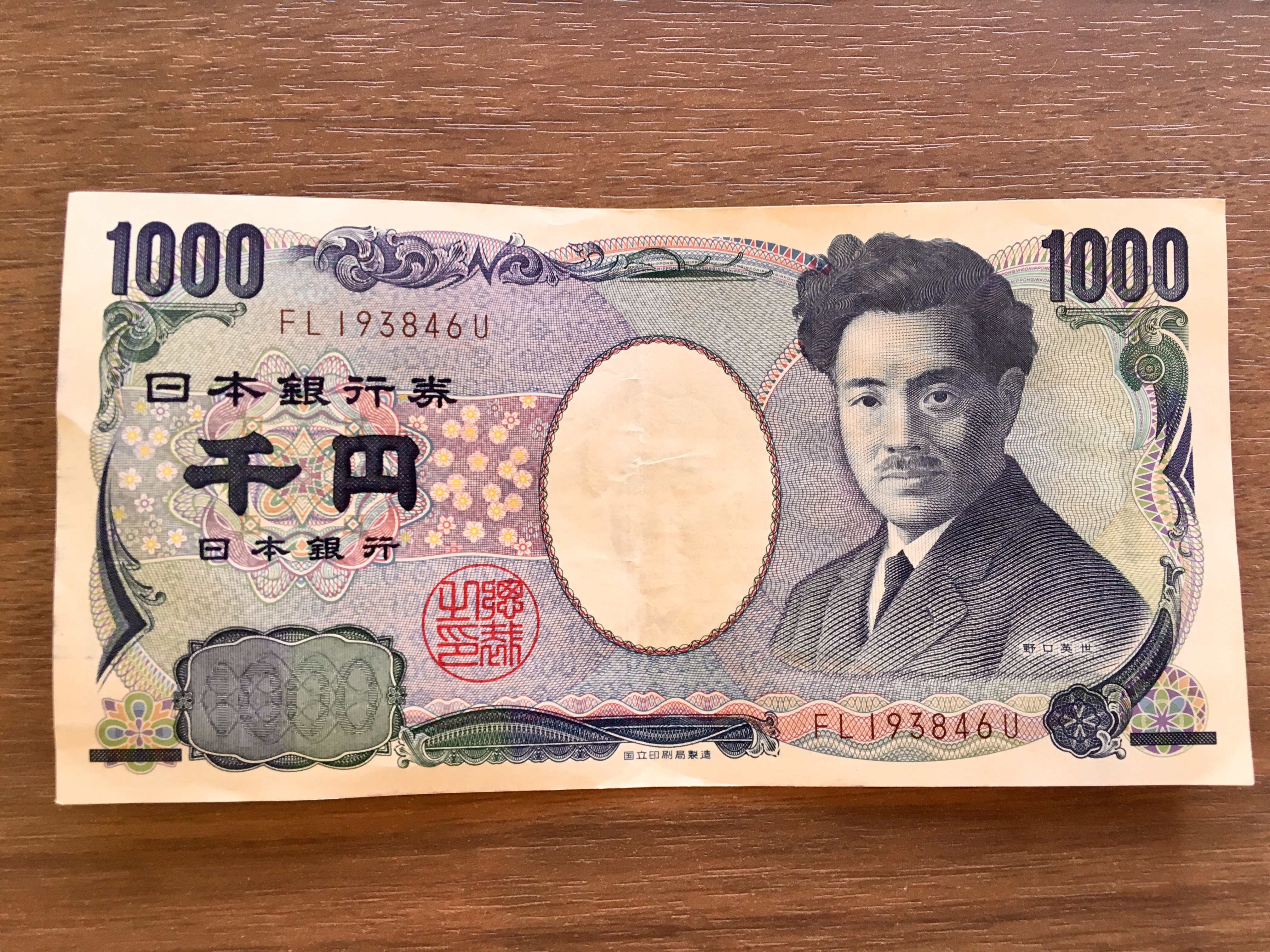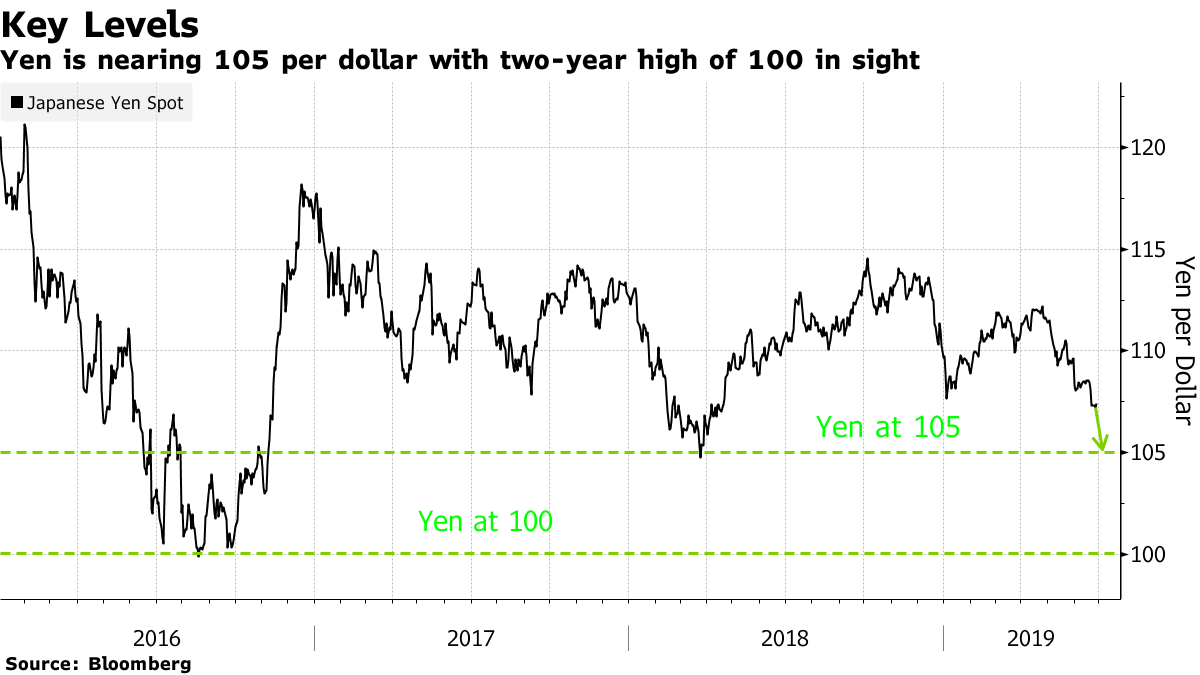Hey there, currency enthusiasts! Ever wondered how much 1 million yen is in USD? Well, you're in the right place. In today's globalized world, understanding currency exchange rates is more important than ever. Whether you're planning a trip to Japan, investing in yen, or just curious about the value of Japanese currency, this guide will break it down for you step by step. So, grab your coffee, and let's dive in!
Converting 1 million yen to USD might seem like a simple math problem, but there's more to it than meets the eye. Exchange rates fluctuate daily based on economic factors, geopolitical events, and market trends. This article will not only tell you the current conversion rate but also explain why these rates change and how they impact your wallet.
From understanding the basics of currency exchange to exploring the factors that influence rates, we've got you covered. By the end of this guide, you'll have a solid grasp of how to convert yen to dollars and make informed financial decisions. Let's get started!
Read also:Rita Faez Onlyfans Rising Star In The Digital Age
Understanding the Basics of Currency Exchange
Before we jump into converting 1 million yen to USD, let's talk about the fundamentals of currency exchange. Currency exchange is the process of converting one country's money into another. It's like trading apples for oranges, but instead of fruits, you're dealing with yen and dollars. The exchange rate is the value of one currency in terms of another.
In the case of yen to USD, the exchange rate tells you how many US dollars you'll get for every Japanese yen. For example, if the exchange rate is 140 yen to 1 USD, then 1 million yen would equal approximately 7,142 USD. But remember, this number changes daily, so it's essential to stay updated.
Why Does the Exchange Rate Fluctuate?
Exchange rates are not set in stone. They fluctuate due to a variety of factors, including:
- Economic Indicators: Things like inflation rates, interest rates, and GDP growth can influence exchange rates. For instance, if Japan's economy is strong, the yen might appreciate against the dollar.
- Political Stability: Political events, such as elections or geopolitical tensions, can affect currency values. A stable government tends to strengthen a country's currency.
- Market Sentiment: Investor confidence and market trends also play a role. If investors believe the yen will strengthen, they might buy more yen, driving up its value.
These factors create a dynamic environment where exchange rates are constantly in motion. It's like a rollercoaster ride for your wallet, but with the right knowledge, you can navigate it smoothly.
How to Convert 1 Million Yen to USD
Now, let's get down to business. Converting 1 million yen to USD involves a simple calculation. You take the amount in yen and divide it by the current exchange rate. For example, if the exchange rate is 145 yen to 1 USD, the calculation would look like this:
1,000,000 yen ÷ 145 yen/USD = 6,896.55 USD
Read also:Clix Haircut 2025 The Ultimate Guide To The Trendiest Hairstyles Of The Year
But wait, there's more! Banks and currency exchange services often charge fees or offer less favorable rates. So, the actual amount you receive might be slightly lower. Always check for hidden fees and compare rates before making a transaction.
Tools to Help You Convert Currency
Thankfully, there are plenty of tools available to help you convert currency quickly and accurately. Websites like XE.com and OANDA provide real-time exchange rates and calculators. Mobile apps like Currency Converter by XE are also great for on-the-go conversions.
These tools not only give you the current exchange rate but also historical data and trends. This information can be invaluable if you're trying to time your currency exchange for the best rate.
Factors Affecting the Yen to USD Exchange Rate
Several key factors influence the yen to USD exchange rate. Let's break them down:
- Interest Rates: Central banks set interest rates to control inflation and stimulate economic growth. Higher interest rates tend to attract foreign investors, strengthening the currency.
- Trade Balance: A country's trade balance, or the difference between imports and exports, can impact its currency value. If Japan exports more than it imports, the yen might strengthen.
- Government Policies: Fiscal and monetary policies, such as quantitative easing, can influence exchange rates. For example, if the Bank of Japan prints more money, it could weaken the yen.
Understanding these factors can help you predict future movements in the exchange rate and make smarter financial decisions.
How Global Events Impact Currency Exchange
Global events, such as natural disasters, pandemics, or trade wars, can have a significant impact on currency exchange rates. For instance, during the COVID-19 pandemic, many currencies experienced volatility due to uncertainty in the global market.
Similarly, trade tensions between countries can lead to currency devaluation or appreciation. Keeping an eye on global news can help you stay ahead of potential currency fluctuations.
Investing in Yen: Is It Worth It?
If you're considering investing in yen, there are a few things to keep in mind. The Japanese yen is often seen as a safe-haven currency, meaning investors flock to it during times of market uncertainty. This can drive up its value and make it an attractive investment option.
However, like any investment, there are risks involved. Exchange rate fluctuations, economic policies, and global events can all impact the value of your investment. It's important to do your research and consult with a financial advisor before diving in.
Tips for Investing in Foreign Currency
Here are a few tips to keep in mind if you're thinking about investing in foreign currency:
- Do Your Research: Understand the factors that influence exchange rates and how they might affect your investment.
- Diversify Your Portfolio: Don't put all your eggs in one basket. Spread your investments across different currencies and asset classes.
- Stay Informed: Keep up with global news and economic trends to make informed decisions.
By following these tips, you can minimize risks and maximize returns on your currency investments.
Common Mistakes to Avoid When Converting Currency
Converting currency might seem straightforward, but there are a few common mistakes people make that can cost them money. Here are a few to watch out for:
- Not Comparing Rates: Always shop around for the best exchange rate. Don't settle for the first rate you see.
- Ignoring Fees: Hidden fees can eat into your profits. Make sure you know all the costs involved before making a transaction.
- Timing Your Exchange Poorly: Waiting too long or acting too quickly can result in less favorable rates. Timing is key when it comes to currency exchange.
Avoiding these mistakes can save you money and ensure you get the best possible rate when converting currency.
How to Get the Best Exchange Rate
Getting the best exchange rate involves a bit of strategy. Here are a few tips:
- Use Online Platforms: Websites and apps often offer better rates than physical exchange offices.
- Exchange at ATMs: ATMs usually provide competitive rates and lower fees compared to currency exchange booths.
- Plan Ahead: If you know you'll need a certain amount of currency in the future, consider locking in a rate now to avoid future fluctuations.
By following these strategies, you can ensure you're getting the most out of your currency exchange.
The Future of Yen to USD Exchange Rates
Looking ahead, the yen to USD exchange rate will continue to be influenced by a variety of factors. Economic growth, interest rates, and global events will all play a role in shaping future rates. Experts predict that the yen might appreciate slightly in the coming years due to Japan's strong export economy and stable government.
However, uncertainties such as geopolitical tensions and economic policies could also impact the exchange rate. Staying informed and adaptable will be key for anyone dealing with yen to USD conversions in the future.
Trends to Watch in the Currency Market
Here are a few trends to keep an eye on in the currency market:
- Central Bank Policies: Watch for announcements from the Bank of Japan and the Federal Reserve regarding interest rates and monetary policies.
- Global Trade Relations: Monitor trade agreements and tensions between major economies, as they can significantly impact currency values.
- Technological Advancements: The rise of digital currencies and blockchain technology could reshape the currency market in the future.
By staying on top of these trends, you can better anticipate changes in the yen to USD exchange rate and make informed decisions.
Conclusion: Your Money, Your Life
In conclusion, understanding how to convert 1 million yen to USD is more than just a math problem. It's about grasping the complexities of currency exchange and making informed financial decisions. By staying informed about exchange rates, economic factors, and global trends, you can navigate the currency market with confidence.
So, whether you're planning a trip to Japan, investing in yen, or just curious about currency exchange, this guide has provided you with the tools and knowledge you need to succeed. Now, it's your turn to take action. Share this article with your friends, leave a comment with your thoughts, and explore more articles on our site. Your financial future is in your hands!
Remember, your money matters, and so does your life. Stay smart, stay informed, and keep converting!
Table of Contents
- Understanding the Basics of Currency Exchange
- Why Does the Exchange Rate Fluctuate?
- How to Convert 1 Million Yen to USD
- Tools to Help You Convert Currency
- Factors Affecting the Yen to USD Exchange Rate
- How Global Events Impact Currency Exchange
- Investing in Yen: Is It Worth It?
- Tips for Investing in Foreign Currency
- Common Mistakes to Avoid When Converting Currency
- How to Get the Best Exchange Rate
- The Future of Yen to USD Exchange Rates
- Trends to Watch in the Currency Market



